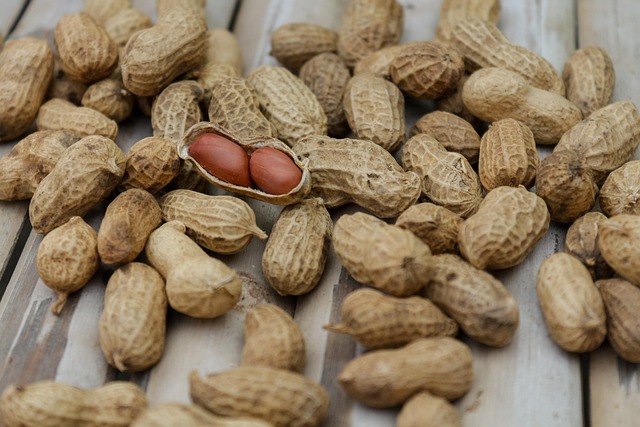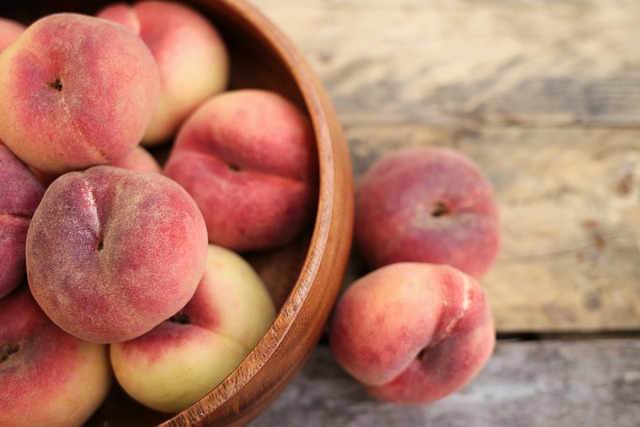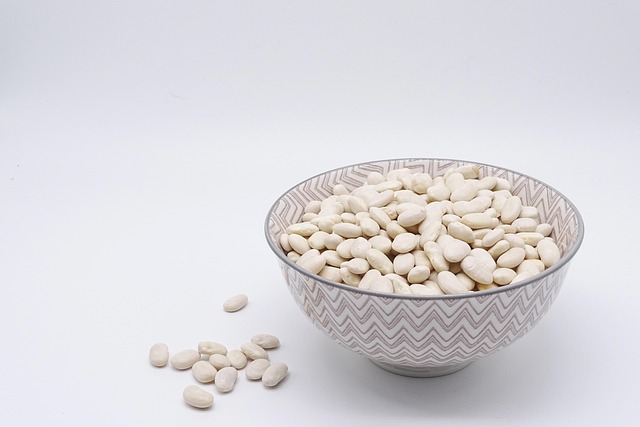Top Diet Tips to Manage Allergies: A Comprehensive Guide
Allergies can be more than just a simple nuisance; they can affect every aspect of your daily life, from productivity at work to enjoyment in social events. With each sneeze or itchy eye, it often feels like you’re battling an invisible enemy. However, there’s a silver lining! Your diet can play a crucial role in managing allergies, helping to minimize symptoms and improve your overall quality of life. Let’s dive into some practical diet tips to help you navigate through the world of allergies.
1. Identify and Avoid Trigger Foods
One of the most effective ways to manage allergies is to identify foods that trigger adverse reactions. This may include items such as dairy, nuts, gluten, or certain fruits and vegetables. Keeping a food diary can help track what you eat and reveal patterns that correlate with your allergy symptoms. Once you’ve identified these triggers, work towards eliminating them from your diet.
2. Incorporate Anti-Inflammatory Foods
Foods rich in healthy fats, such as avocados, olive oil, and fatty fish like salmon, can help reduce inflammation in the body. Additionally, incorporating fruits and vegetables that are high in antioxidants, like berries, leafy greens, and carrots, can bolster your immune response and may alleviate allergy symptoms.
3. Stay Hydrated
Dehydration can exacerbate symptoms such as dryness in the throat and nasal passages. Drinking plenty of water not only helps keep these passages moist but also aids in flushing out allergens from your system. Aim to drink at least eight glasses of water a day, and consider herbal teas like peppermint or ginger, which can also soothe your throat.
4. Limit Processed Foods and Sugars
Processed foods and added sugars can worsen allergy symptoms by promoting inflammation. These foods may not only trigger allergies but can also lead to other health issues that compound your problems. Focus on whole foods, shopping around the perimeter of the grocery store to find fresh produce, whole grains, and lean proteins.
5. Consider Probiotics
Your gut health significantly impacts your immune system. Introducing probiotics through fermented foods like yogurt, sauerkraut, and kefir may help modulate immune responses and reduce allergy symptoms. If you’re not a fan of these foods, consider discussing probiotic supplements with your healthcare provider.
6. Maintain a Balanced Diet
It’s essential to have a nutritionally balanced diet to support overall health. Choose a variety of proteins, carbohydrates, and healthy fats to ensure your body has all the nutrients it needs to function optimally. A strong immune system can make it easier to combat allergies.
7. Monitor Seasonal Variations
Seasonal allergies can bring about specific symptoms triggered by pollen or mold in the environment. During peak allergy seasons, consider adjusting your diet to include more nutrient-rich foods that can help bolster your immune system. For example, consider eating local honey, which some believe may help build immunity against local pollen.
8. Consult with a Professional
If you’re struggling to manage your allergies through dietary changes alone, it’s wise to consult with a dietitian or an allergist. These professionals can provide personalized recommendations and insights tailored to your specific needs, making it easier for you to navigate your dietary restrictions while still enjoying your meals.
Managing allergies through diet is not just about elimination; it’s about embracing foods that nourish your body and support your immune system. By making thoughtful dietary choices, you can reduce symptoms and reclaim control over your health and wellness, keeping those allergy-induced worries at bay.




